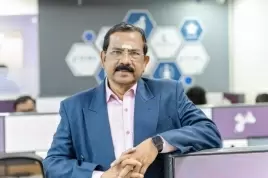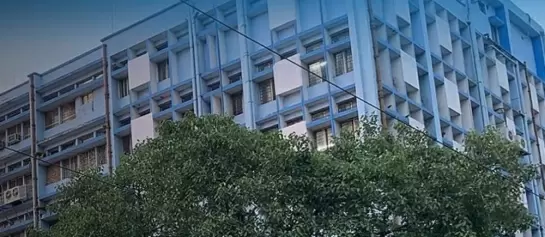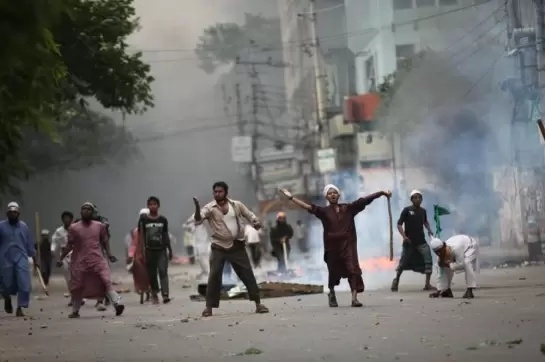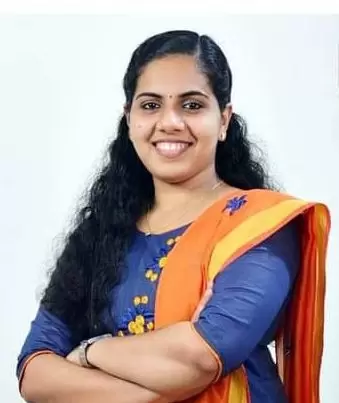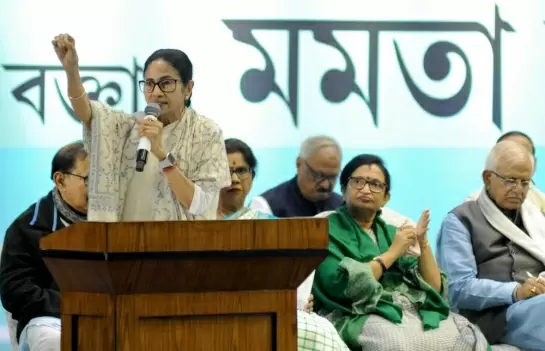“The ideal concept of a panchayat was to encourage unity and cohesion among villagers”
18-May-2015
Vol 6 | Issue 20
Hinal Patel is a nursing graduate, Radha Patel is an engineer, Nisha Patel works as a manager at a motorbike showroom while Viralben Sarvaiya is a Pharma student. Busy with their jobs and studies during the week, the young women make it a point to meet each other every Sunday at Hinal’s home.
Eight other girls join them at this weekly meeting where behind closed doors they discuss some very serious issues that demand their complete attention. This is not your ordinary close-knit group that hangs out to swap gossip or talk about their latest crush; they are the competent members of the all-women Gram Panchayat of Sisva village in Gujarat’s Anand district.
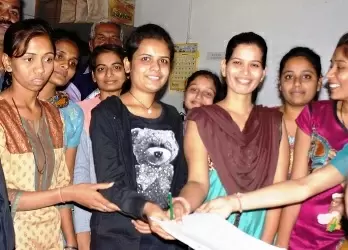 |
|
The 12-member all-women Gram Panchayat of Sisva village in Gujarat’s Anand district has been efficiently chalking out and implementing a sound development agenda for their village (Photo: WFS)
|
Under the able leadership of Sarpanch Hinal Patel, 12 women, all of whom are unmarried, well-qualified and between 21 and 26 years, have been efficiently chalking out and implementing a sound development agenda for their village since four years now after they were hand-picked for this very important ‘job’.
Sisva is one of the thousands of villages in Gujarat that have opted to constitute their gram panchayat as per the guidelines of the Samras Scheme introduced in the state to popularise the concept of governance by consensus.
A Samras village chooses its panchayat through mutual consent instead of holding elections and each Samras Gram Panchayat is given a monetary development incentive by the state government.
Hinal was only 22 when she was unanimously chosen as the sarpanch of Sisva in 2011. “Having just completed my BSc Nursing degree from Shree Raghavendra College of Nursing I was looking for a job when one afternoon I overheard my parents talking about the upcoming panchayat elections.
“I was instantly drawn into the discussion because I had many thoughts on how to make things better for the community. Seeing the keen interest I was taking in the affairs of the village my father suggested I share my vision with everyone,” she shares.
As Hinal got around to talking about her dreams of a brighter, more secure future for Sisva, like a true leader she managed to inspire other young women to add their voice to the discourse.
“When Hinal spoke up a few other girls gained the confidence to put forth their points of view as well. That’s when the village elders felt that we could give our young women a shot at governance. Sisva has previously had women representatives so we didn’t see any problem in handing over the reigns to the girls,” recalls Shailesh Bhai Patel, Hinal’s proud father, who has been a panchayat member himself.
In the beginning, there were several challenges before them. Hinal elaborates, “On our priority list was finding a viable solution to the safe drinking water crisis, putting an end to open defecation and building proper roads. Not only were the tasks at hand tough but a few of us also had other jobs so we had to learn how to manage time and balance our duties. We wanted to make a difference and were willing to put in the hard work.”
Right at the onset, the girls divided the work according to their skills and interests. Hinal and Viral decided to deal with health issues, Radha, the engineer, took to overseeing infrastructure creation and the commerce and management graduates in the group settled on sharing the accounting and money management duties.
Needless to say, everyone was available to pitch in wherever required and they have continued with this status quo till date. Viral says, "Most of us have jobs so we meet on Sundays to take stock of the happenings in the village, iron out any hitches in our on-going projects and anything else that comes to our attention. In case there is a need to tackle some urgent issue during the week we meet after 8 pm.”
Even as they are completely in-sync with each other, the panchayat members never lose sight of the fact that they are there to serve the people and do what’s best for them with their approval.
“We make it a point to hold our monthly panchayat meeting on time and personally motivate villagers to be present to take up all pending matters. Involving people, especially women, is an essential part of our governing process,” adds Viral.
There is a lot that Sisva’s all-women panchayat has done in the last few years. Together they have established two Reverse Osmosis (RO) water plants that provide potable water to families and today, not only does each home have a toilet but a few public utilities have been constructed strategically to eliminate open defecation.
Additionally, all roads in this 7,000-strong village have been paved and duly lined with solar lights that keep the streets safe after dark. Garbage bins have been placed in all the right places and the markets area has been cleaned and given a facelift.
Naturally, the panchayat members are pleased with their accomplishments though they are quick to acknowledge the contribution of their families as well as the villagers. “Sisva has been declared a Nirmal Gram and we have received the President’s Award in recognition of our efforts. But none of this would have been possible without the support of our parents or our people.
“They have trusted our judgment and supported us wholeheartedly. After all, we can’t keep the village clean or maintain the roads and other infrastructure without their cooperation. There is a strong sense of ownership that we have been able to inculcate successfully,” says Hinal.
Of course, they are far from achieving everything on their wish-list for the village. These days, Radha and Nisha are working on creating a website as a first step towards making Sisva an e-village.
Setting up a small-scale industry to give a much-needed boost to women’s employment in the area is next in line. For Radha, the daughter of a modest farmer, setting up an educational institution is another cherished dream, one she hopes will be realised soon. “It was my father who pushed me to pursue my studies and I want to give every child in the area the same kind of opportunities,” she says.
Although sceptics have often argued over the concept of the Samras Scheme – they believe it goes against the real spirit of electoral democracy by offering “carrot of monetary incentives” and “linking development with political process” – so far, 3,794 villages in Gujarat have adopted it.
Moreover, as Pankaj Joshi, Development Commissioner, Gujarat, put it, “The scheme is working well to bring in more women into grassroots politics. At present, there are 360 all-women Samras Gram Panchayats and they are doing good work.”
Madhu Kishwar, Senior Fellow at the Centre for the Study of Developing Societies (CSDS), observes, “The ideal concept of a panchayat was to encourage unity and cohesion among villagers so that they work together towards development. That is the reason women working under this scheme are performing well.
“While it is true that many a time women are used as rubber stamps but even in such cases a positive change happens after one or two terms. Change can occur only when more women are included in grassroots governance, which is the only way to ensure their participation in the larger decision making arenas.”
Whereas there may be a general tendency to stereotype women panchayat members as “weak” and “ineffective” Hinal’s team is anything but that.
“We are normal girls, who have big dreams and who love to have fun with our friends. At the same time, we are aware of our responsibilities as panchayat members and know that good governance is essential to making our village prosperous. Also, we hope that with our example many more parents will encourage their daughters to participate in grassroots politics,” signs off Viral. - Women's Feature Service








